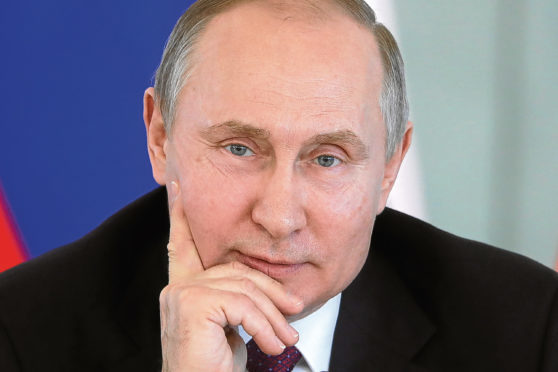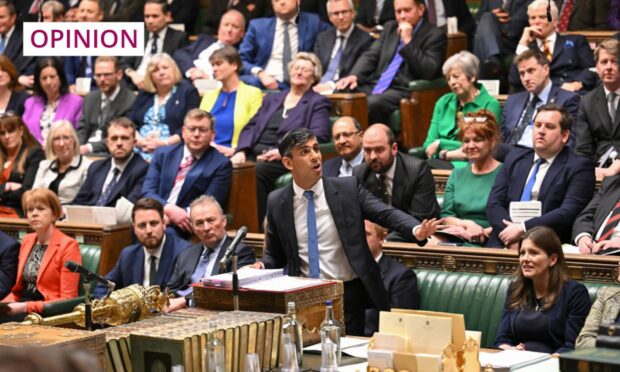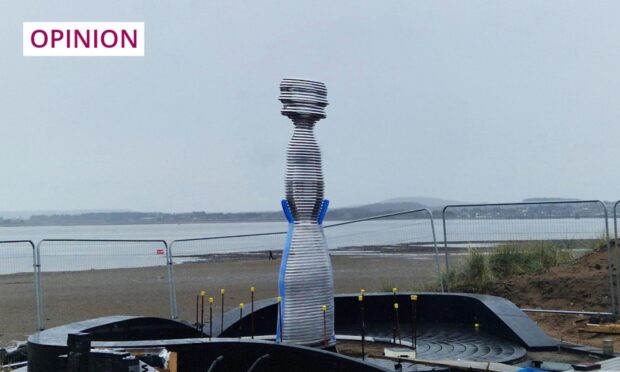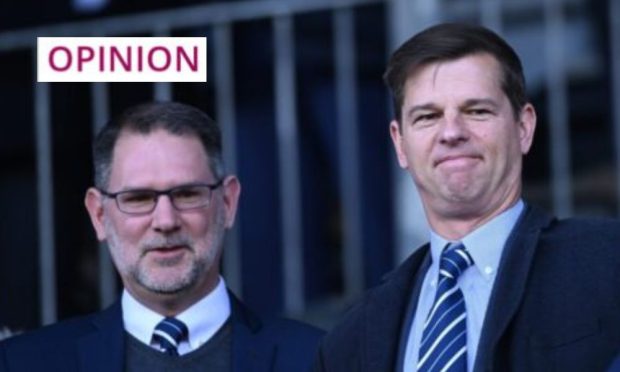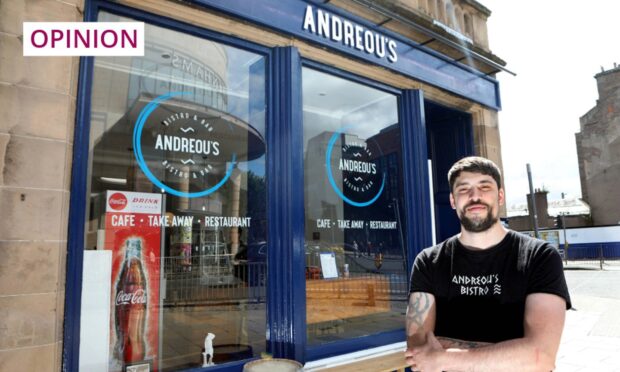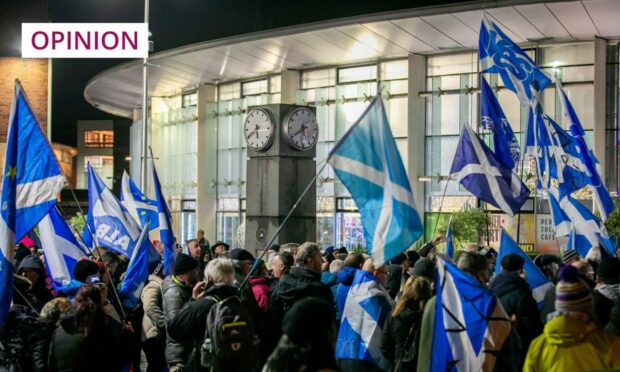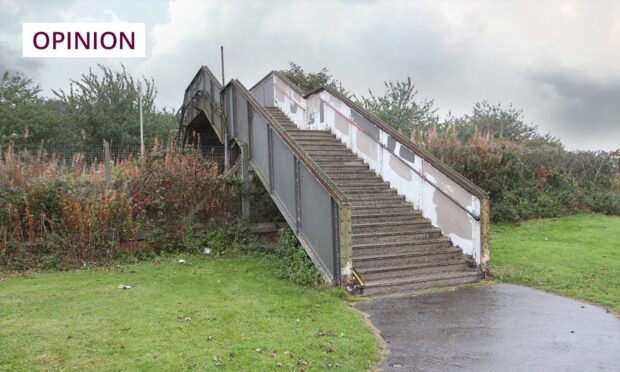Sir, – Why on earth would a state bristling with nuclear and now, it would appear, biological weapons of war, choose the softest of soft targets to demonstrate their ruthless ability to eliminate perceived enemies and to violate the sovereignty of a nation with impunity?
Colonel Skripal and his daughter posed no threat to Russia and were living openly without protection yet were the victims of an assassination attempt, without concern that innocent victims might also be fatally involved.
But could this wild, reckless and malicious show of aggression actually reflect weakness and insecurity in the Russian State and its president?
Vladimir Putin undoubtedly has enemies within and the Russian economy is very weak.
On paper their military capability is huge but the realisation that poor maintenance, ageing ships, submarines and military hardware are not a match for western technology and professionalism may have pushed Mr Putin into his breast-beating threats.
There is the possibility that the “cyber war” which currently exists is not going their way and this will increase their feelings of insecurity.
They are also without doubt testing the resolve of the west to deal with their aggressiveness and future expansionism.
There is no excuse, however, for their despicably disgusting and vile actions on our soil.
Regrettably, it is how Russia has always reacted.
Iain G Richmond.
Guildy House,
Monikie.
Sending Putin a message
Sir, – Mr William Burns from Edinburgh (Letters, March 16) must be completely deluded if he thinks the outrageous attack on citizens in the UK by the Russian State was carried out by the British Government.
This was a blatant attempt by the corrupt Russian president to bolster his own election campaign by engineering a horrific attack on foreign sovereign soil in a bid to convince his own voters that the “bad West” is against the Russians.
It was also a message in the clearest of terms to former Russian secret agents that he has a “hit list” and agents will be targeted in any form Vladimir Putin deems appropriate wherever they are in the world.
The UK knows what Putin is up to and the sanctions, dismissal of embassy staff and freezing of assets of suspected Russians recently announced by our Prime Minister must be pursued with every means necessary to let Putin know this terrible act is just not on.
There will be retaliation from Russia but so be it.
Mr Burns would do well to reflect on the fact that The Courier, in the spirit of our wonderful free press, published his misguided letter.
Would this have happened in Russia?
I think we all know the answer in Putin’s corrupt state, which would have been a resounding no.
John P Summers.
11b Low Road,
Perth.
MPs were silent for too long
Sir, – Surely any right-minded person believes that Vladimir Putin and his thuggish regime are responsible for the poisoning of Sergei Skripal and his daughter.
I watched Theresa May making her statement in Parliament last week, along with the response of the massed ranks of MPs.
There was the expected outrage voiced by (virtually) all of the assembled representatives with them giving support to the Government’s decision that the UK will respond robustly and proportionately.
All the angry words spoken and the determination to hit back at Putin would be more meaningful if, for decades, successive Westminster governments had not colluded with various Russian regimes that have enabled Putin’s thugs to carry out their business in the UK unchallenged.
We are now told that the Russian crime bosses will face the full force of the law.
That suggests to me that before this poisoning incident the UK authorities knew of the Russian criminal activity but chose to do nothing about it.
We are told that billions of pounds of dodgy Russian money is being laundered in London which allows oligarchs to spend billions of pounds buying prime real estate in the centre of the city.
Yesterday I heard one MP voicing his outrage that Russian oligarchs, reportedly with direct links to Putin, have been allowed to purchase two major English football clubs, namely Arsenal and Chelsea.
Why was the same MP not outraged by this before the poisoning of Mr Skripal?
There seems to be little more than a deafening silence from Mrs May on the fact that her party accepted more than £800,000 from a questionable Russian source prior to the recent election.
Will this tainted money be returned?
The Government’s immediate response by ejecting 23 Russian spies from the country was supposed to be a sign of strength.
Surely allowing these spies to carry out their business unchallenged until this point is a sign of weakness.
Meanwhile, there are calls to reinvestigate 14 suspicious deaths of Russians in the UK which are potentially linked to Putin and his assassins.
Now there are reports that another Russian businessman found dead in his home in London headed a hit list of 22 other targets of Putin’s regime.
Lastly, the decision has been made not to send any royals or senior persons to the World Cup.
That will have Putin laughing his socks off.
As if he could care less about such a decision.
After him sending his army into Crimea and the Ukraine, shooting down a commercial airliner, going into Georgia, bombing innocent civilians in Syria and all the other murderous activities reported to be associated with the Putin regime, Russia should never have been rewarded with hosting the Sochi Olympics and the World Cup in the first place.
Harry Key.
20 Mid Street,
Largoward.
Need to show compassion
Sir, – I have been astounded by some letters and the lack of understanding and compassion displayed by some who, judging by the tone, are at the extreme end of conservatism.
Having been lucky enough to have had my health all my life and able to hold down employment, I still have compassion and understanding for those who are unable to work or have fallen on bad times.
I find it sad that some letters still appear on this page castigating those in poverty as being lazy and a drain on society.
It is easy to put your fingers in your ears and drown out the very hard times many are experiencing and target them as being “wasters”.
There is an old saying that you should never judge a man or a woman until you have walked in their shoes and those who castigate the poor for being poor should remember that.
Disaster is never far from any of us and bad things happen.
Maybe those who show a lack of understanding and compassion should remember this as they may require help in the future.
Bryan Auchterlonie.
Bluebell cottage,
Perth.
A number of electric caveats
Sir, – Mr Gordon Pay, (Letters, March 14) is an electric car enthusiast.
As such, he is of course entitled to be so very optimistic about them.
However, this support comes in the face of some serious issues.
There are a number of well-recognised drawbacks.
These include, firstly, a range limited to, say 200 to 300 miles before needing several hours’ recharging from a national energy supply, which is becoming impaired as Green- dictated policies continue to curtail fossil fuelled electricity generation.
Secondly, there are grave doubts about car resale values.
Thirdly, we must surely take account of the high greenhouse gas emissions during manufacture.
Fourthly, there are unanswered doubts as to high battery drainage, especially when it comes to in-car heating and other power sapping functions.
And so the “balance sheet” for electric cars is very complex and, overall, not yet in their favour.
Like renewable energy sources other than nuclear, the main defect is in electricity storage.
Therefore, one wonders why several governments have simultaneously adopted an electric policy, when the drawbacks are still so obvious.
Dr Charles Wardrop.
111 Viewlands Rd West,
Perth.
